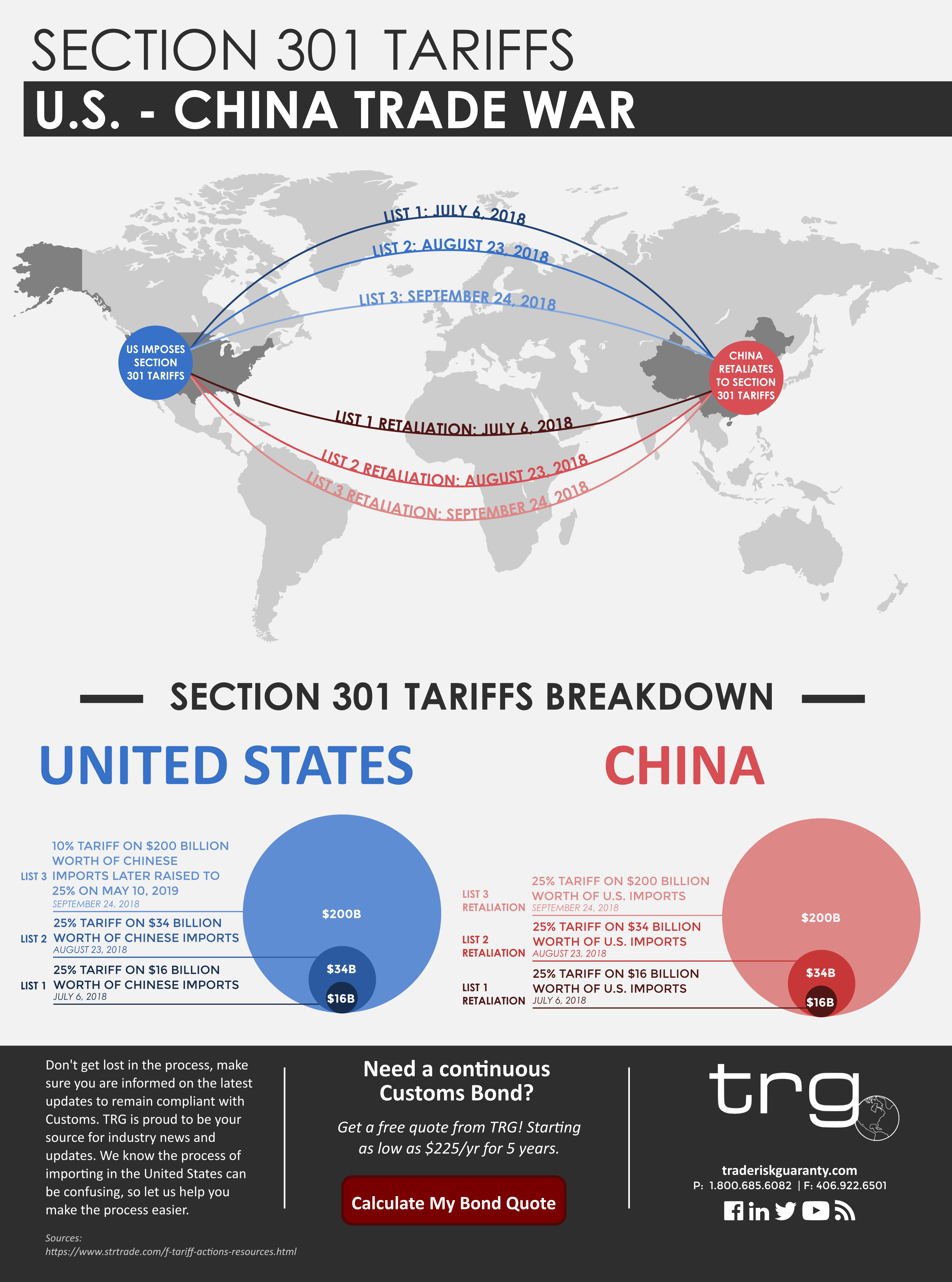Student's AI Research Paper Faces MIT Retraction

Table of Contents
The Allegations of Misconduct
The allegations against the MIT student involved accusations of plagiarism and research misconduct. Specifically, the student is alleged to have used AI tools, likely large language models and possibly code generation software, to generate significant portions of their research paper without proper attribution. This constitutes a serious breach of academic integrity, violating MIT's strict policies against plagiarism and unauthorized use of AI in academic work.
- Specific Allegations: The investigation revealed evidence suggesting the student submitted work containing substantial passages and code segments strikingly similar to AI-generated content. The similarity went beyond paraphrasing; entire sections appeared to be directly output from an AI tool.
- AI Tools Involved: While MIT has not publicly identified the specific AI tools used, the evidence points towards the involvement of readily available large language models and potentially AI-powered code generation platforms.
- Evidence and Investigation: MIT's investigation involved a thorough review of the submitted paper, cross-referencing with publicly available AI-generated content and employing plagiarism detection software. The process included interviews with the student and faculty advisors.
- MIT's Retraction Process: Following the investigation, MIT's faculty committee concluded that the level of AI-assisted content constituted plagiarism and a violation of academic integrity policies. The decision to retract the paper was made following established university procedures for addressing such misconduct.
The Role of AI in Academic Research
The increasing use of AI tools in academic research presents a double-edged sword. While AI offers incredible potential to accelerate research, streamline data analysis, and improve efficiency, it also introduces significant ethical dilemmas and risks to academic integrity.
- Benefits and Risks of AI in Academia: AI can automate tedious tasks, allowing researchers to focus on higher-level analysis and interpretation. However, the ease with which AI can generate text and code raises serious concerns about plagiarism and the authenticity of research findings.
- Ethical Dilemmas in AI Research: Researchers face difficult choices when using AI. How much AI assistance is acceptable? How can they ensure transparency and proper attribution? What are the implications for authorship and intellectual property?
- Lack of Clear Guidelines and Regulations: Currently, clear guidelines and regulations regarding the responsible use of AI in academic research are lacking. This ambiguity creates a fertile ground for unintentional or intentional misconduct.
- Improving AI Literacy and Responsible AI Practices: Universities need to proactively educate students and researchers about the ethical implications of using AI tools, promoting responsible AI practices, and developing clear guidelines for AI-assisted research.
Detecting AI-Generated Content
Detecting AI-generated content is a significant challenge. While AI plagiarism detection software is developing rapidly, current tools have limitations.
- Limitations of AI Detection Software: Existing AI detection tools are not foolproof. They can produce false positives (flagging human-written text as AI-generated) and false negatives (missing AI-generated content).
- Development of More Sophisticated Methods: Researchers are constantly working to improve AI detection techniques, focusing on analyzing nuanced linguistic patterns and stylistic features to better identify AI-generated text.
- Multiple Verification Methods: Relying on a single AI detection tool is insufficient. Researchers should employ multiple verification methods, including manual review, cross-referencing with existing literature, and seeking expert opinions.
Implications for Future AI Research at MIT and Beyond
The retraction of the student's paper will undoubtedly have significant implications for future AI research at MIT and other universities worldwide.
- Impact on MIT's AI Research Program: This incident will likely lead to a review of existing policies and procedures, potentially resulting in stricter guidelines for AI usage in research and enhanced training for students and faculty.
- Changes in Policies and Procedures: Universities across the globe are likely to re-evaluate their academic integrity policies, considering the unique challenges posed by AI. Clearer definitions of plagiarism and acceptable use of AI tools are crucial.
- Consequences for the Student: The consequences for the student involved will vary depending on MIT's disciplinary process, but the incident will likely have a long-term impact on their academic career.
- Broader Discussions on AI Ethics: This case highlights the urgent need for a wider, ongoing conversation within the academic community about AI ethics, responsible AI usage, and establishing best practices to ensure the integrity of research in this rapidly evolving technological landscape.
Conclusion
The retraction of the MIT student's AI research paper serves as a stark warning about the need for clear guidelines, robust detection methods, and a strong emphasis on ethical considerations in using AI for academic research. This incident underscores the paramount importance of maintaining the highest standards of academic integrity, even as technological advancements rapidly reshape the landscape of scholarly work. The incident highlights the critical need for ongoing discussion and the development of best practices for AI in research. Let's learn from this case and work together to promote responsible AI usage and maintain the integrity of academic research. Engage in the conversation about ethical AI research and share your thoughts on preventing future instances of AI-related research misconduct.

Featured Posts
-
 King Day A Divided Nation Celebration Vs Abolition Debate
May 18, 2025
King Day A Divided Nation Celebration Vs Abolition Debate
May 18, 2025 -
 Osama Bin Laden Manhunt What Netflixs American Manhunt Revealed
May 18, 2025
Osama Bin Laden Manhunt What Netflixs American Manhunt Revealed
May 18, 2025 -
 Hollywood At A Standstill The Combined Writers And Actors Strike
May 18, 2025
Hollywood At A Standstill The Combined Writers And Actors Strike
May 18, 2025 -
 Meta Monopoly Trial Ftc Concludes Case Defense Begins
May 18, 2025
Meta Monopoly Trial Ftc Concludes Case Defense Begins
May 18, 2025 -
 Selena Gomez Claims Victory Was She Right About Blake Lively All Along
May 18, 2025
Selena Gomez Claims Victory Was She Right About Blake Lively All Along
May 18, 2025
Latest Posts
-
 Preparing For Change Southwest Washingtons Response To Tariffs
May 18, 2025
Preparing For Change Southwest Washingtons Response To Tariffs
May 18, 2025 -
 Next Generation Omnichannel Media At Destino Ranch Powered By Golden Triangle Ventures Lavish Entertainment And Viptio
May 18, 2025
Next Generation Omnichannel Media At Destino Ranch Powered By Golden Triangle Ventures Lavish Entertainment And Viptio
May 18, 2025 -
 Top Entertainment News Breaking Stories And Trending Topics
May 18, 2025
Top Entertainment News Breaking Stories And Trending Topics
May 18, 2025 -
 Audio Sf Presents Spencer Brown May 2 2025 Concert
May 18, 2025
Audio Sf Presents Spencer Brown May 2 2025 Concert
May 18, 2025 -
 Spencer Brown In San Francisco Audio Sf Concert May 2nd 2025
May 18, 2025
Spencer Brown In San Francisco Audio Sf Concert May 2nd 2025
May 18, 2025
